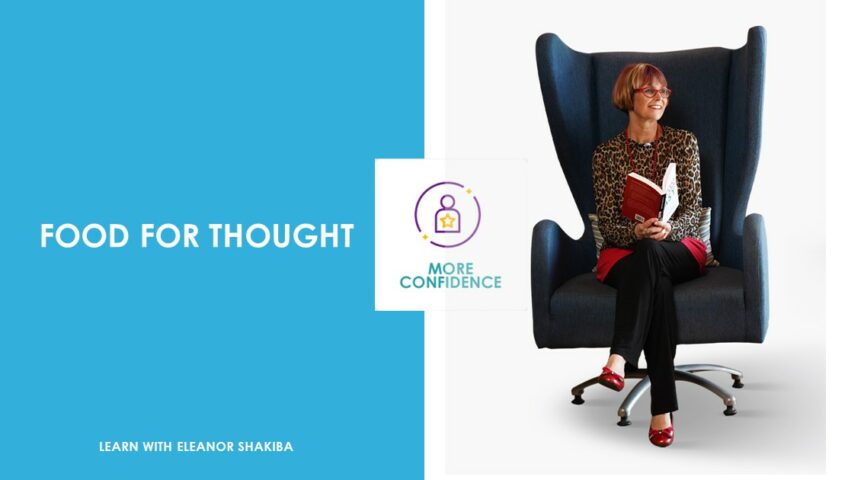Everyone is their own worst critic. However, some people let the inner critic get the best of them. Negative self-criticism can have an emotional and physical impact on your well-being. According to advice from Harvard Health Publishing, you’re more likely to suffer from low self-esteem when you can’t accept your capabilities.
It’s possible to gain self-acceptance and love yourself as you are. First, you should understand the definition of self-acceptance. Srini Pillay, MD defines self-acceptance as your acceptance of all your attributes, including positive and negative attributes. Accepting yourself includes body acceptance and self-protection from negative criticism. Self-acceptance also requires you to believe in your abilities.
According to Pillay, most people have low self-acceptance. He argues that this typically occurs due to low self-esteem. To boost their self-esteem, people may try to accomplish great tasks. However, this may only offer a short-term benefit. Achievement is a poor replacement for intimacy. The article goes on to explain the consequences of low self-acceptance. If you don’t believe in yourself, you may suffer from additional stress. Excess stress increases your risk of various physical ailments.
Pillay presents three ways to increase self-acceptance: self-regulation, self-awareness, and self-transcendence. Self-regulation requires you to suppress negative emotions. You suppress the negative emotions by refocusing on the positive features of yourself. You can reframe negative situations to find new opportunities.
[convertkit form=3449731]
Self-awareness involves seeing yourself as others see you. Sometimes you need to stop and look at yourself from an outside perspective to see the truth. Self-transcendence involves relying less on external forces to define yourself. Srini Pillay MD also recommends meditation as a path to greater self-acceptance.
Why does self-acceptance matter? If you can’t accept yourself, others won’t. This is a common worry for those that suffer from imposter syndrome. When you don’t feel worthy of your position, you’re likely to struggle through most projects. One solution is to recognise that no one is perfect. Self-acceptance is about accepting yourself as you are, including traits that you consider negative.
After over 20 years of confidence coaching, I’ve learned that not all methods work for everyone. However, self-regulation as described in the article is often effective for reframing negative self-criticism. Using positive thoughts to counter negative ones leads to a shift in your thought patterns. It boosts your self-esteem, which makes it easier to accept yourself.
Of course, accepting yourself is easier said than done. Working with a professional can help ensure you receive the tools needed to finally start loving yourself. Find out how to beat imposter syndrome by checking out my one-to-one coaching and online courses at https://thinklearnsucceed.com.au.
